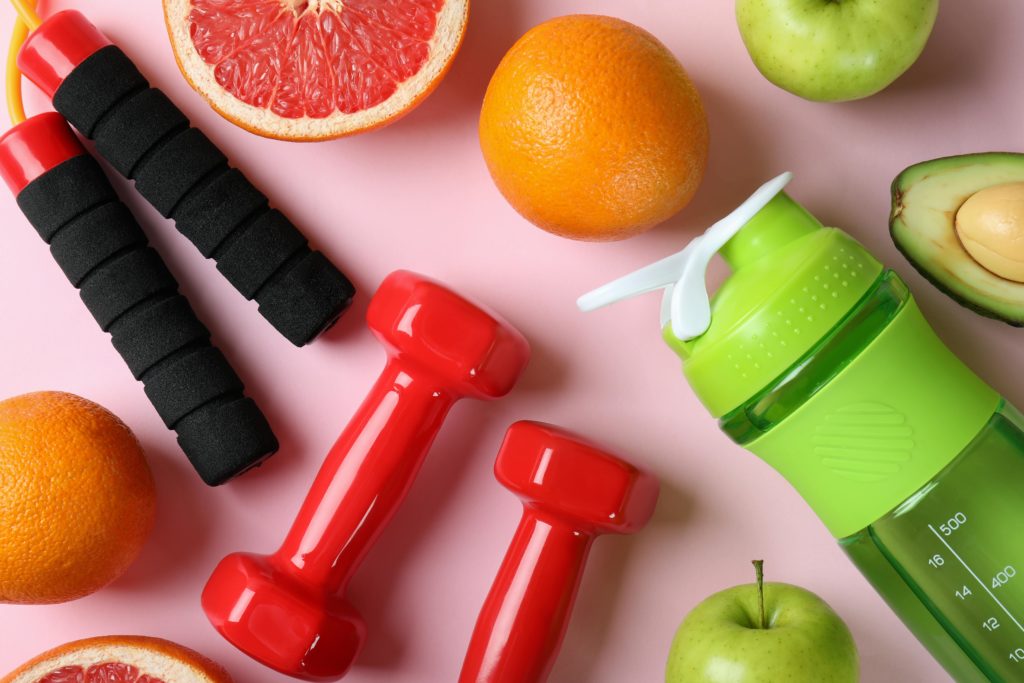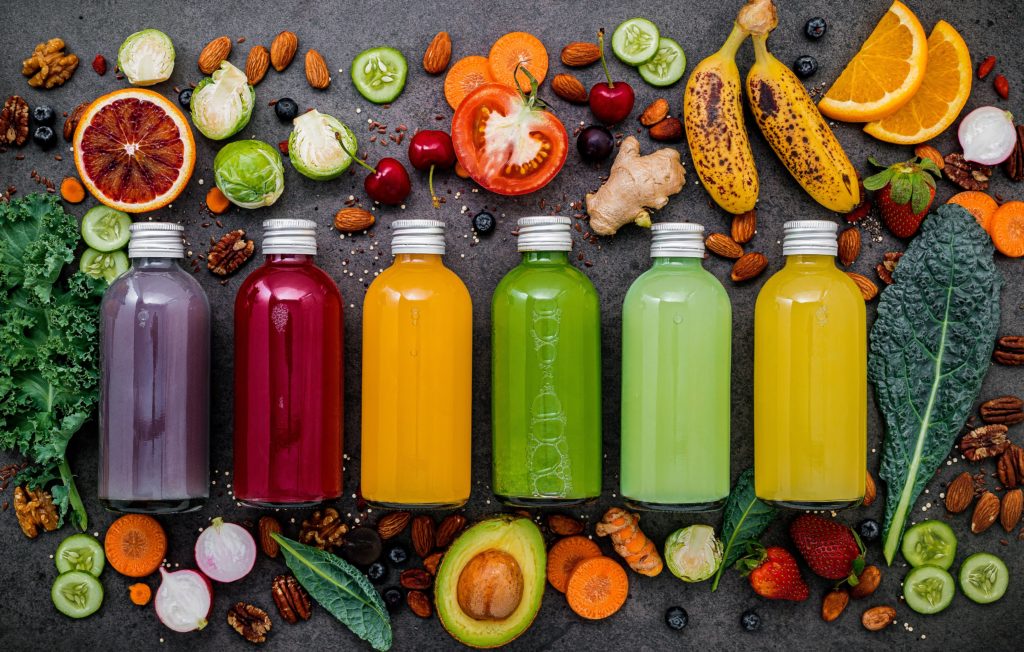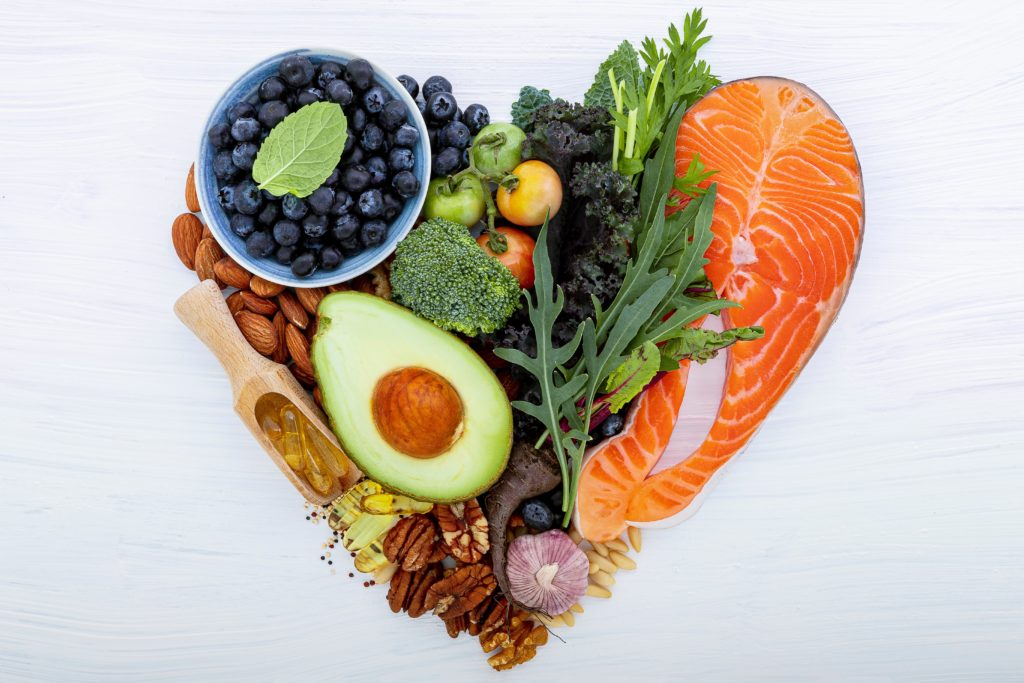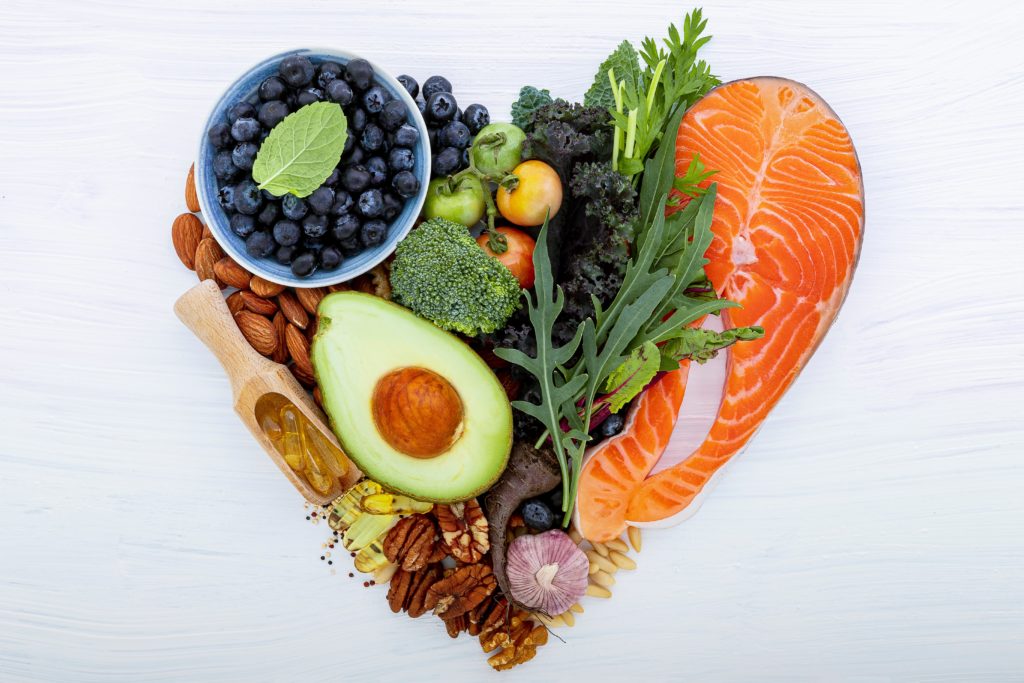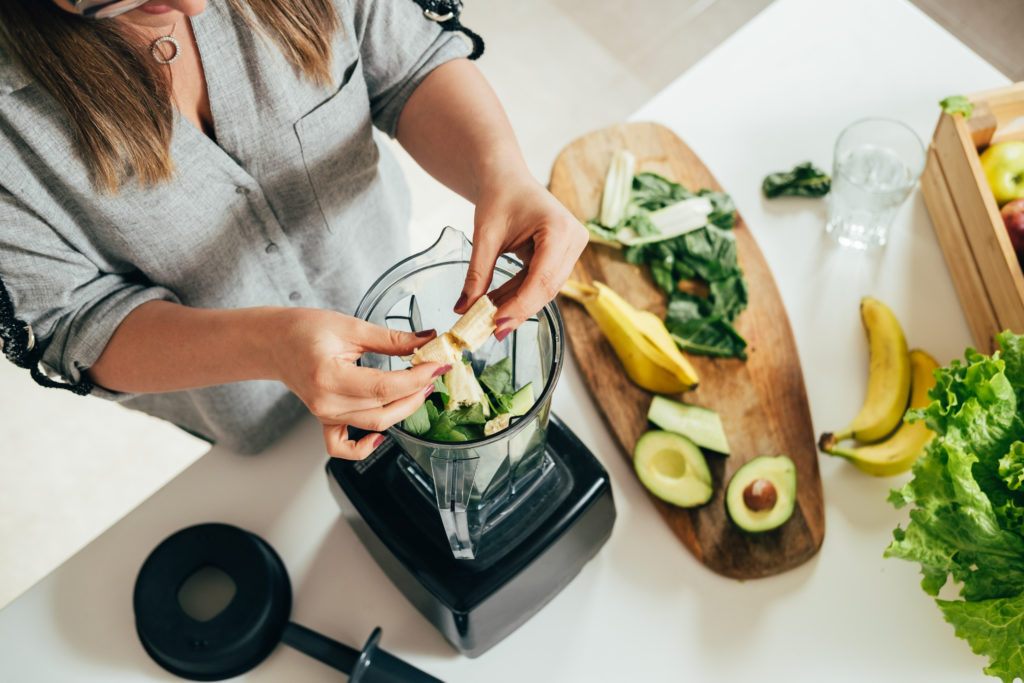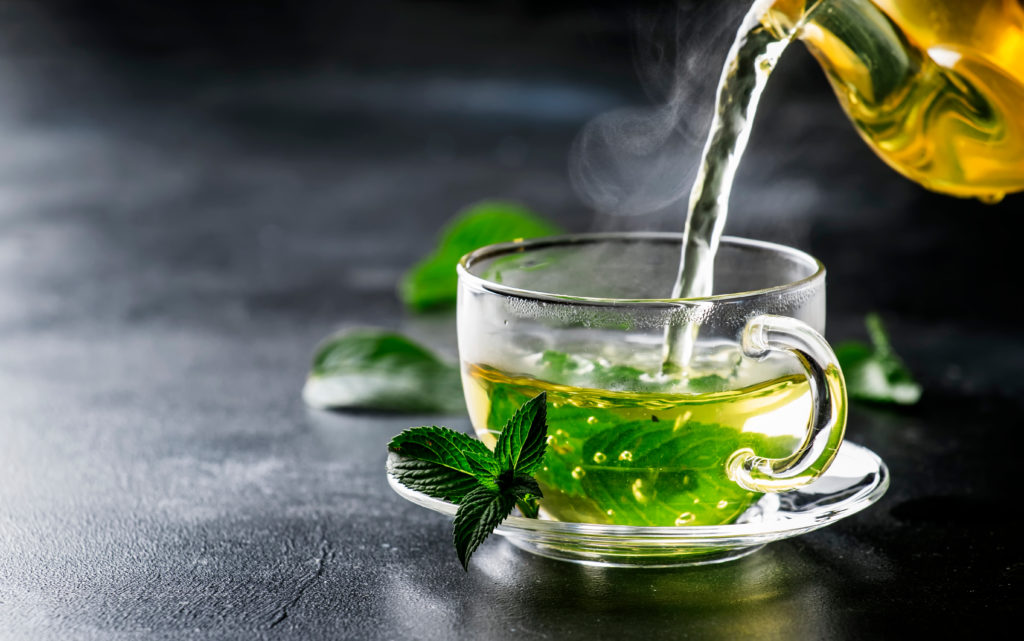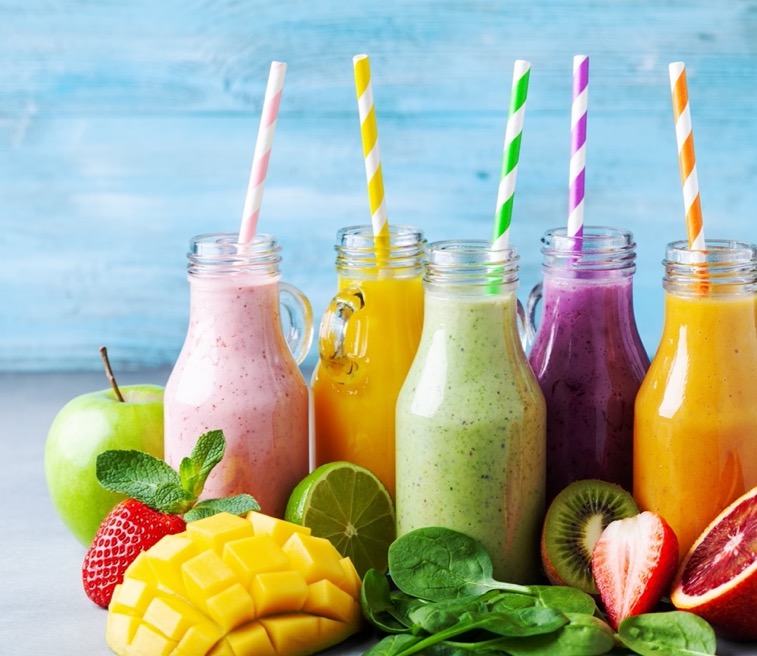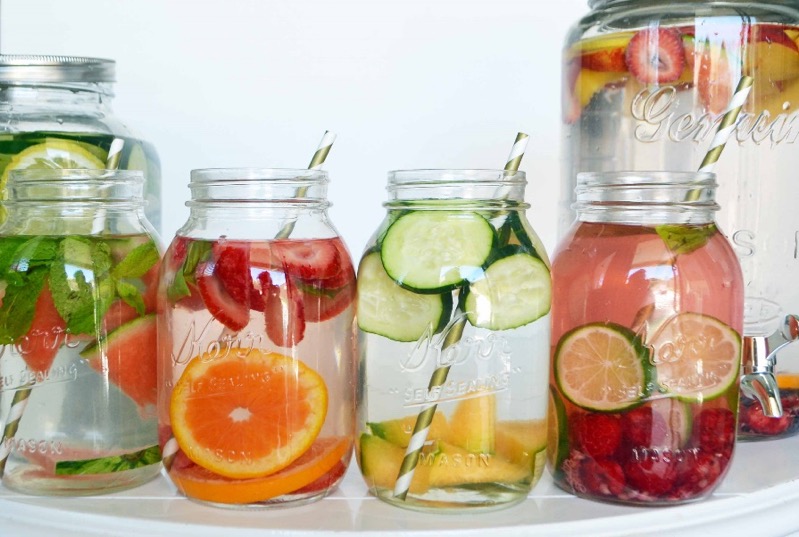Are Minimalist Diets Redefining Everyday Health Choices?
Rethinking health priorities
Consumer priorities are shifting when it comes to health and food. Health is no longer focused on just preventing illness in the future, it is about feeling better today. This has led to the rising popularity of minimalist diets. Simplicity, transparency, and natural ingredients are now seen as key indicators of healthy eating. At the centre of this change is the growing awareness of ultra-processed foods and the impact they may have on everyday wellbeing.
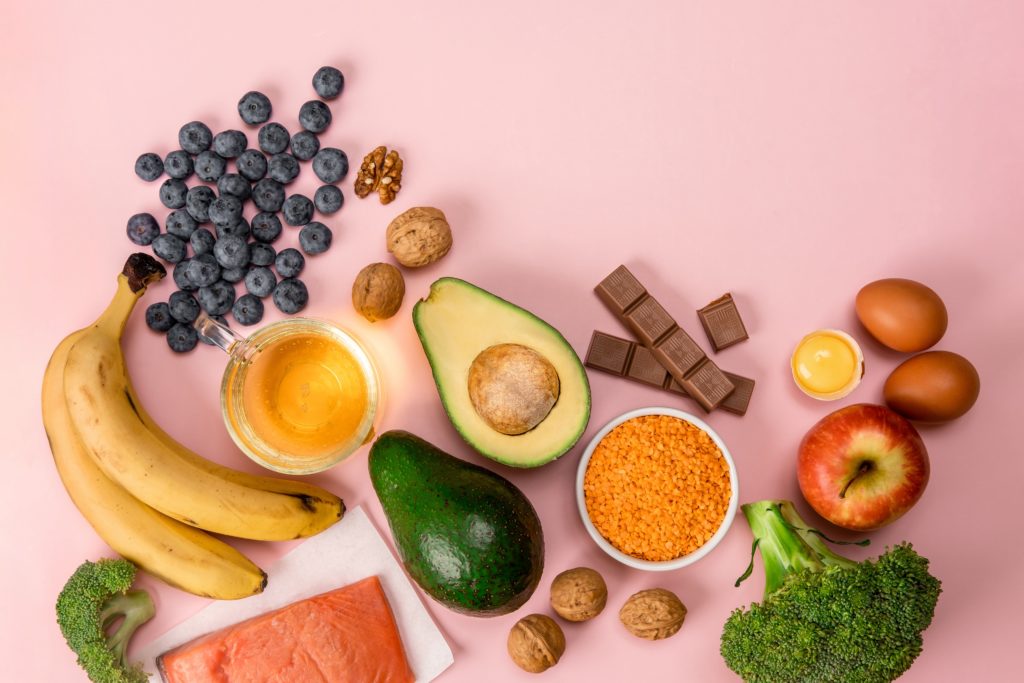
Increased awareness of ultra-processed foods
More consumers are paying close attention to the ingredients in their food. According to FMCG Gurus’ research, 48% of global consumers say they know what ultra-processed food is, whilst 62% believe they can tell the difference between ultra-processed and general processed foods.
While definitions of ultra-processed foods vary, consumers tend to associate them with high levels of additives, preservatives, and ingredients they are unfamiliar with. This awareness is contributing to the demand for clear, honest ingredient lists. Consumers want labels which they can trust and understand. Vague claims and technical formulations no longer meet expectations.

Health priorities shift towards daily wellness
Consumers often choose foods based on how they make them feel in the moment. Fatigue, stress, and low energy are amongst the main concerns influencing food and drink decisions. Alongside this, FMCG Gurus' research shows 42% of global consumers say they aim to improve their general health and wellness. This is followed by 30% who want to prioritize their mental health.
This shows that consumers are becoming more mindful of both their mental and physical wellbeing, whilst valuing daily wellness equally as much as long-term outcomes. This outlook has contributed to consumers looking to improve their diets, linking to a dissatisfaction with energy levels and overall health.
Consumer barriers to healthy eating
Many consumers still find difficulties in healthy eating, despite concerns surrounding their wellbeing and energy. FMCG Gurus' insights show 70% believe healthy eating is expensive and 60% often eat unhealthily due to stress. These figures highlight concerns around affordability, showing that comfort and convenience still play a significant role in consumer choices.
This presents an opportunity for brands to offer products which are affordable and timesaving, whilst aligning with minimalist values which are on the rise. This means using recognizable ingredients, simple labels and making healthy options more accessible.
The importance of transparency
Despite these challenges, an increase is seen in the amount of fresh produce individuals are consuming. This shift toward a “back-to-basics” approach reflects a desire to avoid additives and unknown ingredients.
As a result, transparency is a core expectation. Many consumers worry brands are hiding harmful ingredients behind technical terms or inaccurate claims. Packaging must clearly reflect what’s inside. Terms such as “no added sugar” are popular, helping reassure consumers and creating trust through clear communication.
Balanced indulgence remains part of a healthy diet
Importantly, minimalist diets are not about restriction, they are about balance. Enjoyment still plays a key role in food decisions. Instead, consumers are simply looking for cleaner, more natural ways to enjoy foods they love. Occasional treats are still viewed as part of a balanced lifestyle, if they also align with values around ingredient quality and transparency.
While barriers do remain, consumer interest in simpler, more transparent food choices continues to grow, specifically through minimalist diets and dissatisfaction with ultra-processed foods. This presents opportunity for brands to combine natural formulations with everyday practicality. By doing so, they can meet evolving expectations and support consumers on their goals to healthier eating and everyday wellness.
Discover more with FMCG Gurus’ Trend report: Less is more: The rise of minimalist diets – 2025. For more details, contact us at info@fmcggurus.com.








